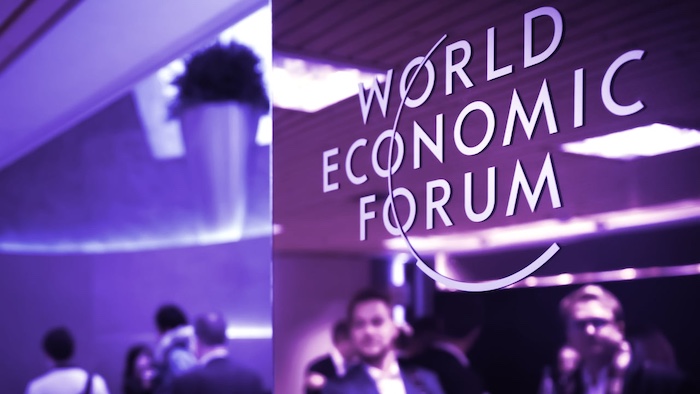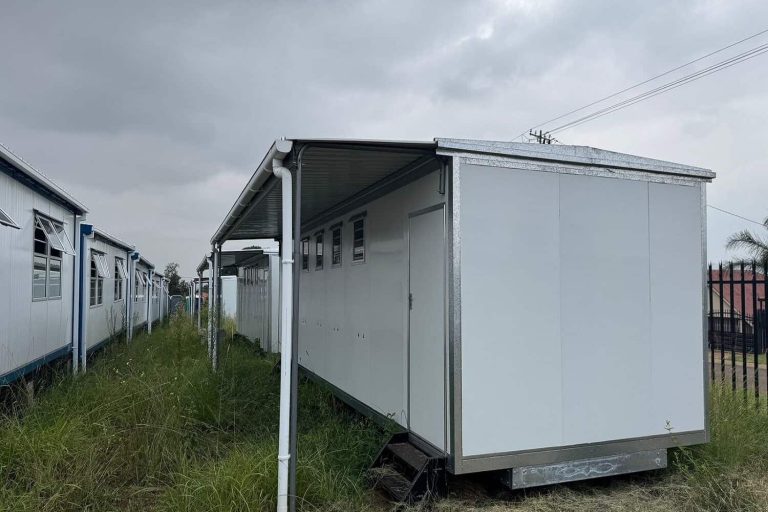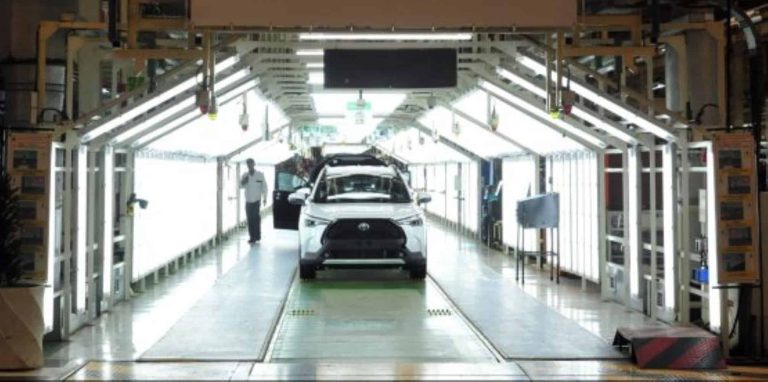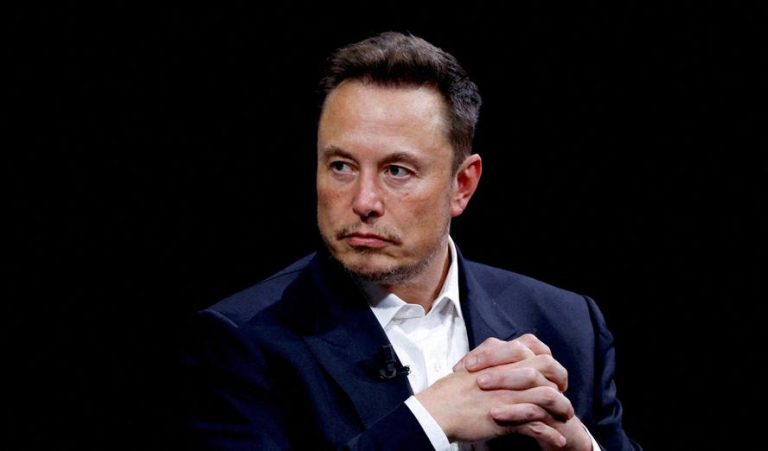
President of the World Economic Forum (WEF), Borge Brende, has warned about three potential bubbles in financial markets as global technology stocks experience sharp declines.
Brende identified crypto, Artificial Intelligence (AI), and debt as areas of concern during his visit to Sao Paolo, Brazil’s financial hub, on Wednesday.
“We could possibly see bubbles moving forward. One is a crypto bubble, second an AI bubble, and the third would be a debt bubble,” Brende told reporters, stating that government debt levels are at their highest since 1945.
Brende, whose organisation hosts the annual Davos meetings where global leaders discuss worldwide challenges, highlighted both opportunities and risks associated with AI technology.
While AI offers potential for significant productivity improvements, he warned it could threaten many white-collar jobs, potentially creating a “‘Rust Belt’ in those big cities that have a lot of back offices with white-collar workers that can more easily be replaced by this AI and increased productivity”.
He referenced recent job cuts announced by companies, like Amazon and Nestle, as examples of the trend.
According to him, massive investments in AI and cryptocurrencies may lead to the development of bubbles.
“There is definitely a geopolitical disorder … But even in the situation of geopolitical disorder, the global economy has been incredibly resilient – not necessarily in Europe but in India, China and the U.S.,” Brende told Deutsche Presse-Agentur.
He stated that this was being fuelled by investments in new technologies like AI.
“This year has seen $500 billion of investments in AI alone. So, what we can be worried about is that there may be bubbles developing, be it a bubble on crypto or an AI bubble,” Brende said.
The WEF president stated that investors needed to be patient with the investments.
He observed that frontier technologies would be the new drivers of growth.
Brende stated, “We will also need to make sure that the new technologies and the benefits trickle down. We could even see productivity gains of 10 per cent in the coming decade. And productivity is prosperity.”
He described the new technologies as “a big paradigm shift” and predicted breakthroughs in medicine, synthetic biology, space and energy, adding that “AI can accelerate processes so quickly”.
Despite the concerns, Brende acknowledged the historical pattern that technological advances ultimately boosted productivity, which he described as “the only way over time to increase prosperity”.
Brende also expressed concern about global crises and conflicts.
“There is definitely a geopolitical disorder: the world order we had is not there anymore. What is the next world order? Hopefully not the law of the jungle,” he said.
With reference to current U.S. tariff policy, he said uncertainty was the highest tariff.
“One of my worries is that global investments are going down. We need to re-establish an environment for investments,” he said.
The current competition between the U.S. and China, Brende said, was “basically a competition for hegemony or dominance in technology.”
He predicted that “the country that leads in new technologies – be it quantum, superintelligence, AI, autonomous vehicles, or synthetic biology – will also be the most powerful nation coming out of this century”.
He called for multilateral action to deal with “problems that don’t travel with a passport,” including pandemics and cybercrime.
Brende expressed concern that the world was becoming more complicated with different groups forming, pointing to a G4 of the U.S., China, Europe and India, followed by fast-growing economies like Indonesia, Malaysia, Nigeria and Brazil.
He predicted, “It’s going to be a renaissance for mega-regional, so-called plurilateral deals. But the world is going to be more complicated. There will be more suboptimal, not necessarily cost-effective solutions. There is going to be more friend shoring,”
Ndubuisi Francis



